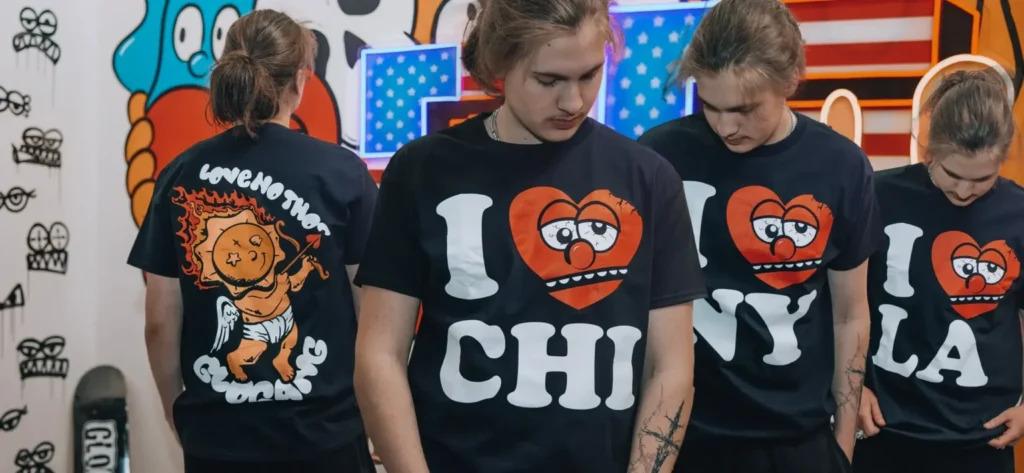Glo Gang is a prominent hip-hop collective and cultural movement originating from Chicago, Illinois, founded by rapper Chief Keef in 2013. It is widely recognized for pioneering the drill music genre, a style of music known for its raw lyrics, aggressive beats, and deep reflection of urban life challenges. Glo Gang, short for Glory Boyz Entertainment, not only made a significant impact on the music scene but also influenced streetwear, youth culture, and broader hip-hop culture with its themes of resilience, ambition, and fierce independence.
Origins and Formation
The collective was formed by Chief Keef during his teenage years as he rose to fame through his breakout hit “I Don’t Like” in 2012 and the mixtape “Finally Rich.” The term “Glo” stands for “glory,” symbolizing the aspiration to shine and succeed despite hardships, mirroring the real-life struggles of many young people growing up in Chicago’s South Side. Glo Gang became a family-like collective of musicians, artists, and entrepreneurs who sought to represent their community authentically and powerfully.
Musical Influence and Drill Music
Glo Gang is credited with popularizing drill music, a subgenre of hip hop characterized by its stark and unfiltered lyrical content depicting life in violent and economically challenged neighborhoods. Chief Keef and his collective gave voice to marginalized youth, inspiring an entire generation of artists with their unique sound and style. This influence extends beyond music into fashion and social identity, fostering a cultural movement that prioritizes authenticity and toughness.
Cultural and Social Impact
Beyond music, Glo Gang has become a symbol of street culture and a badge of identity for many young people who see themselves reflected in the collective’s stories and style. The brand associated with the group carries a sense of pride and defiance against adversity. The collective also helped elevate the voices of Chicago artists on an international stage, influencing youth culture globally and shaping conversations around trauma, creativity, and the pursuit of success in difficult environments.
Members and Legacy
While Chief Keef remains the face of Glo Gang, the collective includes several other artists who continue to contribute to the identity and legacy of the group. Together, they form a tightly knit community that promotes resilience and creative expression despite ongoing challenges in their environment. Glo Gang's contributions to hip-hop culture remain impactful, serving as a blueprint for emerging artists seeking to blend street narratives with mainstream appeal.
In conclusion, Glo Gang is more than a music group; it is a cultural phenomenon that reflects the complexity, struggles, and hopes of Chicago’s youth. Its rise from local obscurity to global recognition underscores the power of music and culture in shaping identities and communities.



